Virtual therapy made real
How mental health treatments are being extended with virtual reality

Nearly one billion people worldwide suffer from some form of mental disorder, according to UN data, but relatively few can access the treatment they need.
Innovative AI based therapy, developed by researchers at Oxford, is now enabling a greater number of people to get help.
Mental health services around the world face the same problem. Demand far outstrips the supply of trained professionals able to offer much-needed treatments.
OxfordVR was spun out of the Department of Psychiatry at the University of Oxford in 2016 to help address this shortage. Led by Professor Daniel Freeman, the OxfordVR team was convinced that virtual reality (VR) technology could provide the perfect way for mental health professionals to deliver treatments that extend to the homes of patients.
Proving this to be the case through its ground-breaking gameChange experiment, the largest VR mental health trial ever conducted, OxfordVR then merged with American company, BehaVR at the end of 2022. As the merger completed, the combined company raised $13 million to roll out a range of candidate treatments across the globe, beginning with the United States and the United Kingdom.
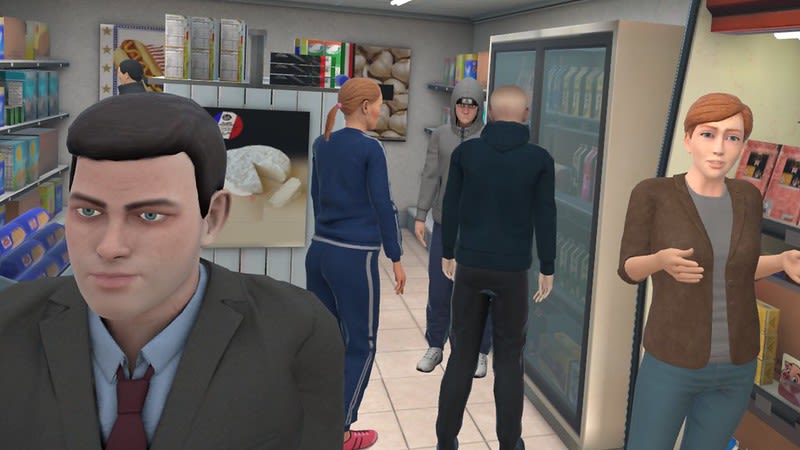
The launch of OxfordVR
Professor Daniel Freeman joined Oxford’s Department of Psychiatry in 2010, attracted by what he describes as its ‘very strong tradition of developing highly effective therapies’.
He was already convinced that VR could play a major role in the development of mental health treatments because it allows patients to explore a scenario they find challenging in real life. Additionally, he saw the potential for VR to assess patients to determine if their observations about those around them are real, or paranoid. Testing this, proved to him that VR was worth pursuing as a future treatment.
‘One of my areas of specialism is about paranoia, which is when people have unfounded fears or inaccurate fears about others trying to harm them,’ he says.
‘But there’s a real issue about assessment, how do you know whether someone's thoughts are genuinely unfounded or true? So I had the idea to present neutral situations in virtual reality with neutral characters. If people appraise them as being hostile, we know that is genuine paranoia. And that's exactly what we found. In effect, how you act in VR mirrors how you react in the real world.’
Cost was a challenge to Professor Freeman’s interest in VR. The earliest hardware had to be linked to a computer and cost tens of thousands of pounds. At that price, it was a technology that mental health services would struggle to afford.
However, the Oculus headset, most often used at home by computer gamers, changed everything. Although it took time for the price to come down, by the time Oxford VR was formed, the cost was manageable, and the kit sophisticated enough to be used as a standalone headset which was easy to operate.
‘We launched OxfordVR in 2016 because the Oculus was priced as a consumer product which we could use to automate psychological therapy,’ Professor Freeman says.
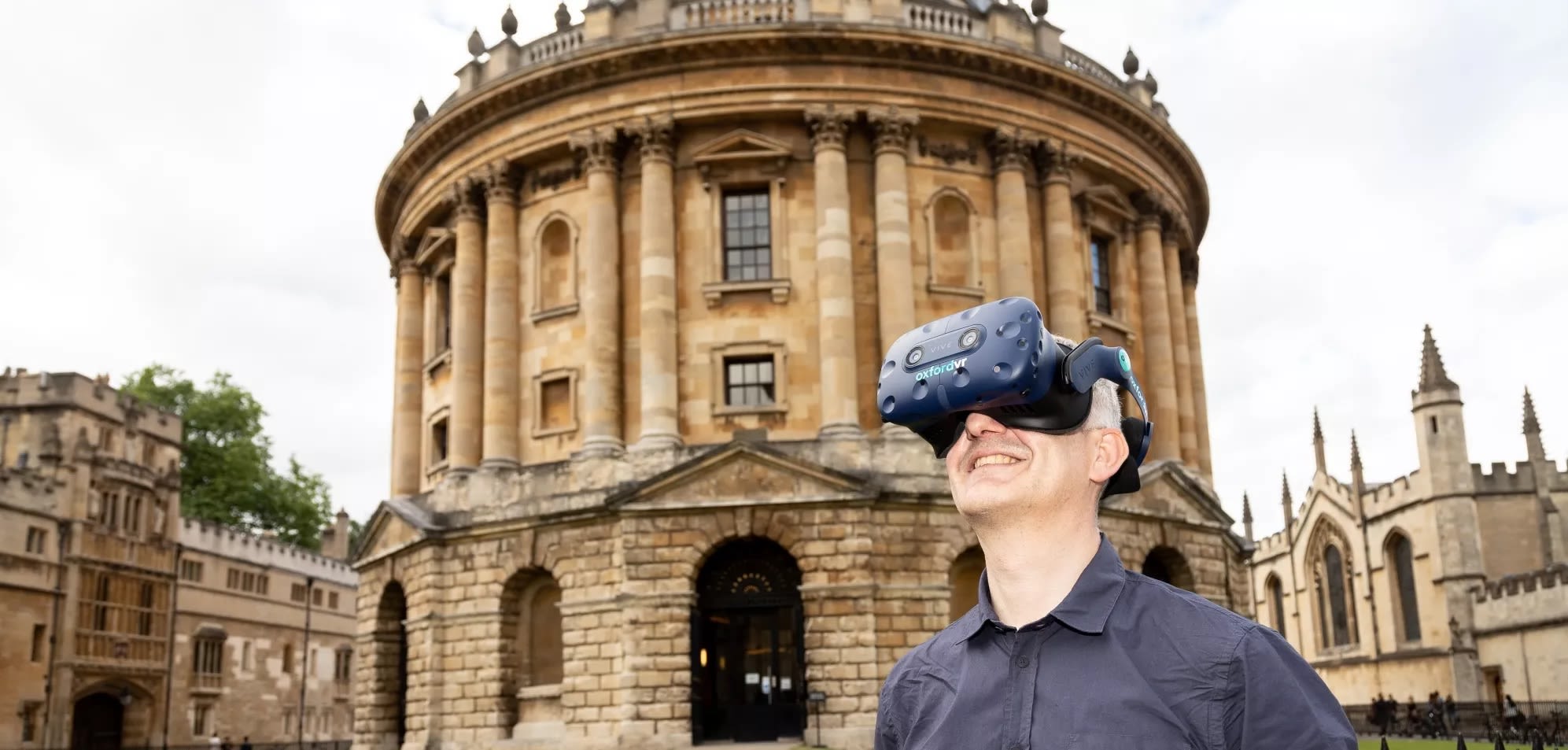
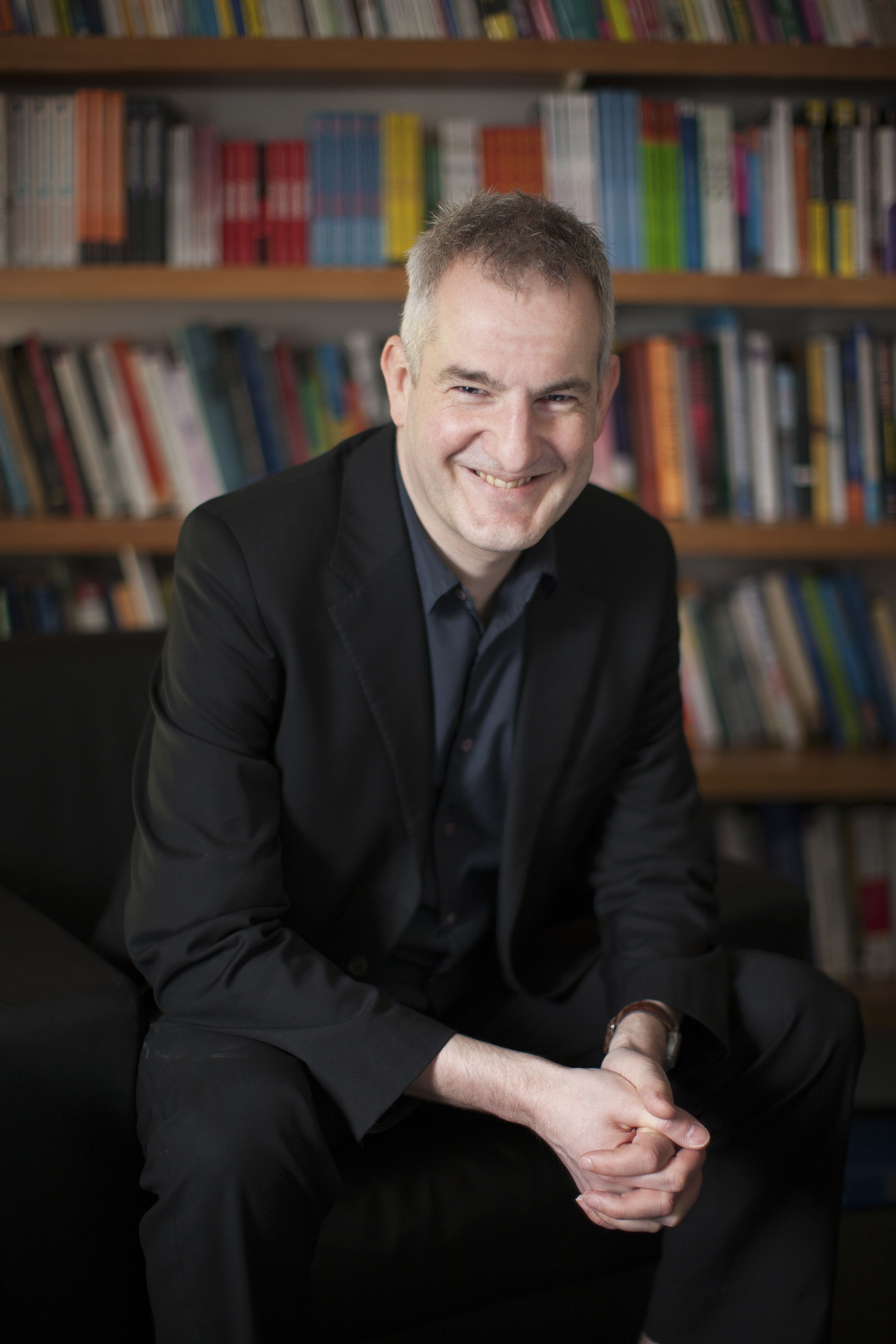
Professor Daniel Freeman
Professor Daniel Freeman
"There’s a shortage of therapists but with VR at an affordable cost, we knew we could get a high quality, powerful psychological therapy to many more people.
"The idea is someone can come to a clinician’s office and then take home a headset so they can work with it on their own, and then come back to be reviewed.
"It's a bit like training pilots on simulators. We’re able to train people to get back doing everyday things and ensure they feel safe and that they can cope."
Professor Daniel Freeman
A real game changer
The company’s belief that VR could be helpful in extending mental health treatments beyond a clinician’s office was buoyed when Professor Freeman reviewed more than 200 studies which showed unequivocally that VR could play a role in mental health treatments.
The Oxford team further carried out its own trial of 100 patients who had lived with a fear of heights for at least 30 years. Virtually exposing them to their fear led to all patients reporting an improvement which averaged 68%.
The next step was the largest ever multi-site, clinical trial of using VR in the homes of patients to treat psychosis. The gameChange trial involved 346 patients who were overseen by mental health professionals across nine NHS trusts in Bristol, Manchester, Newcastle, Nottingham and Oxford.
The VR experience offers automated care, which can be provided outside of clinical settings, in which a virtual character guides the user through situations they may find challenging. This can allow the end user to receive guided therapy at home, allowing mental health staff to scale treatments by extending care outside of their office.
In this case, the VR experience was designed to aid people suffering with agoraphobic avoidance by placing them, virtually, in situations where they were outside interacting with characters in social settings, such as catching a bus and ordering a coffee.
The results were published in The Lancet Psychiatry in April 2022. The trial has been highly successful with the biggest improvements seen amongst those with the most severe difficulties.
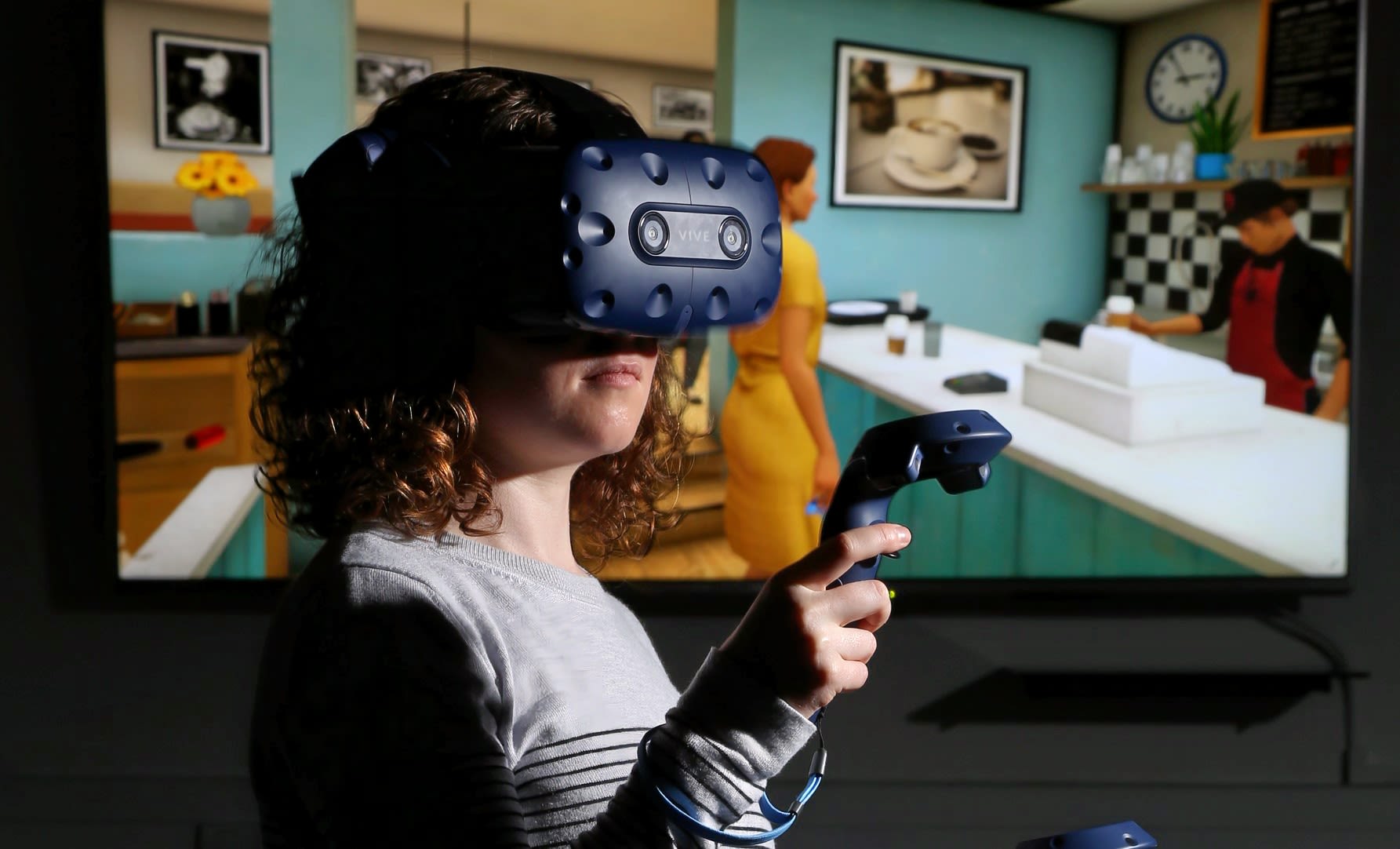
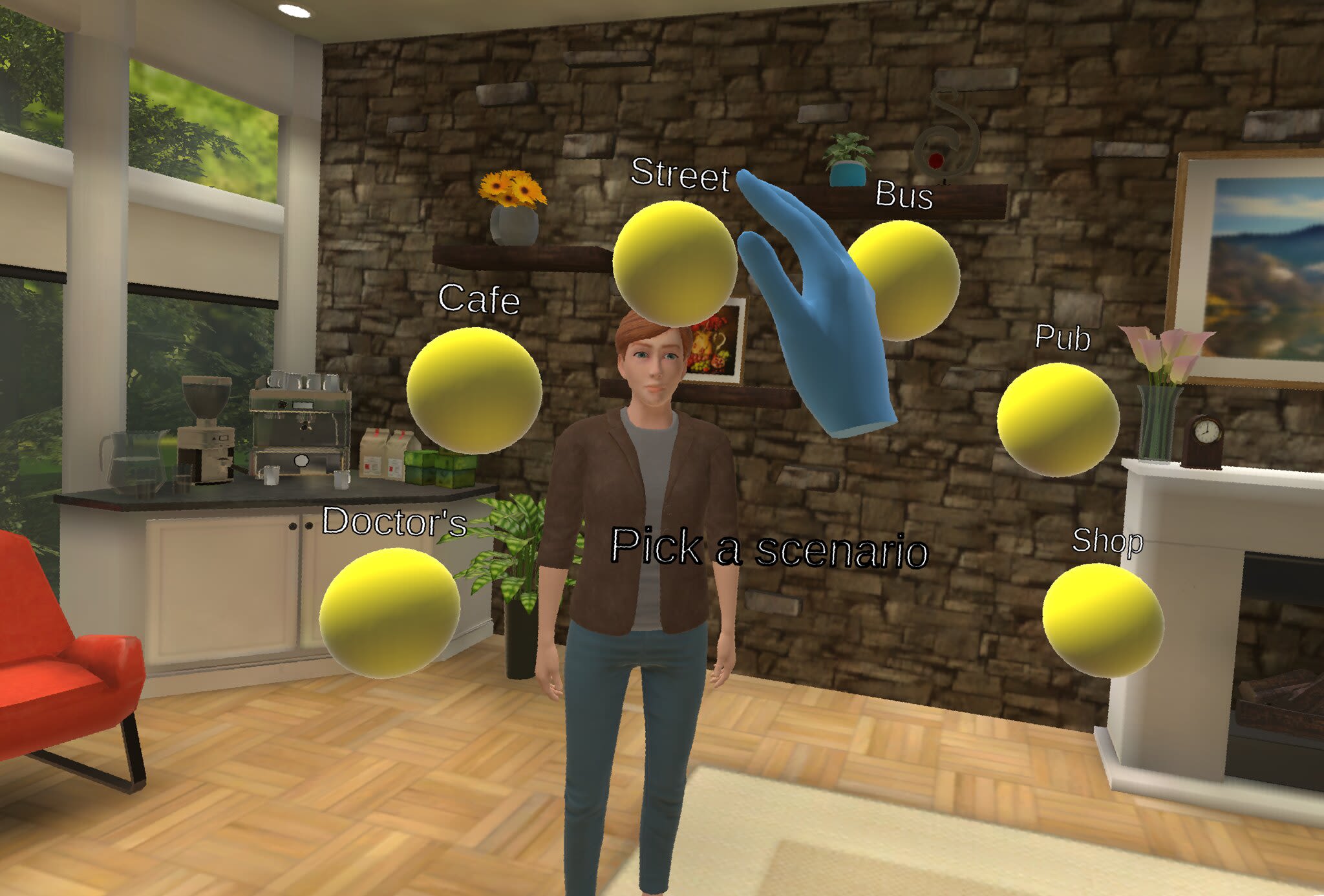
VR research opportunities
The trial proved invaluable experience for Dr Sinéad Lambe who joined the Oxford VR team after finishing her doctorate in clinical psychology at the University of Bath. Dr Lambe was keen to combine clinical work with research and saw the opportunity of being involved with gameChange as too good to miss.
'The University of Oxford is so well-known within clinical psychology that I immediately applied when a post came up in Daniel’s team. He was one of the well-known psychologists from Oxford who did a guest lecture when I was at Bath.'
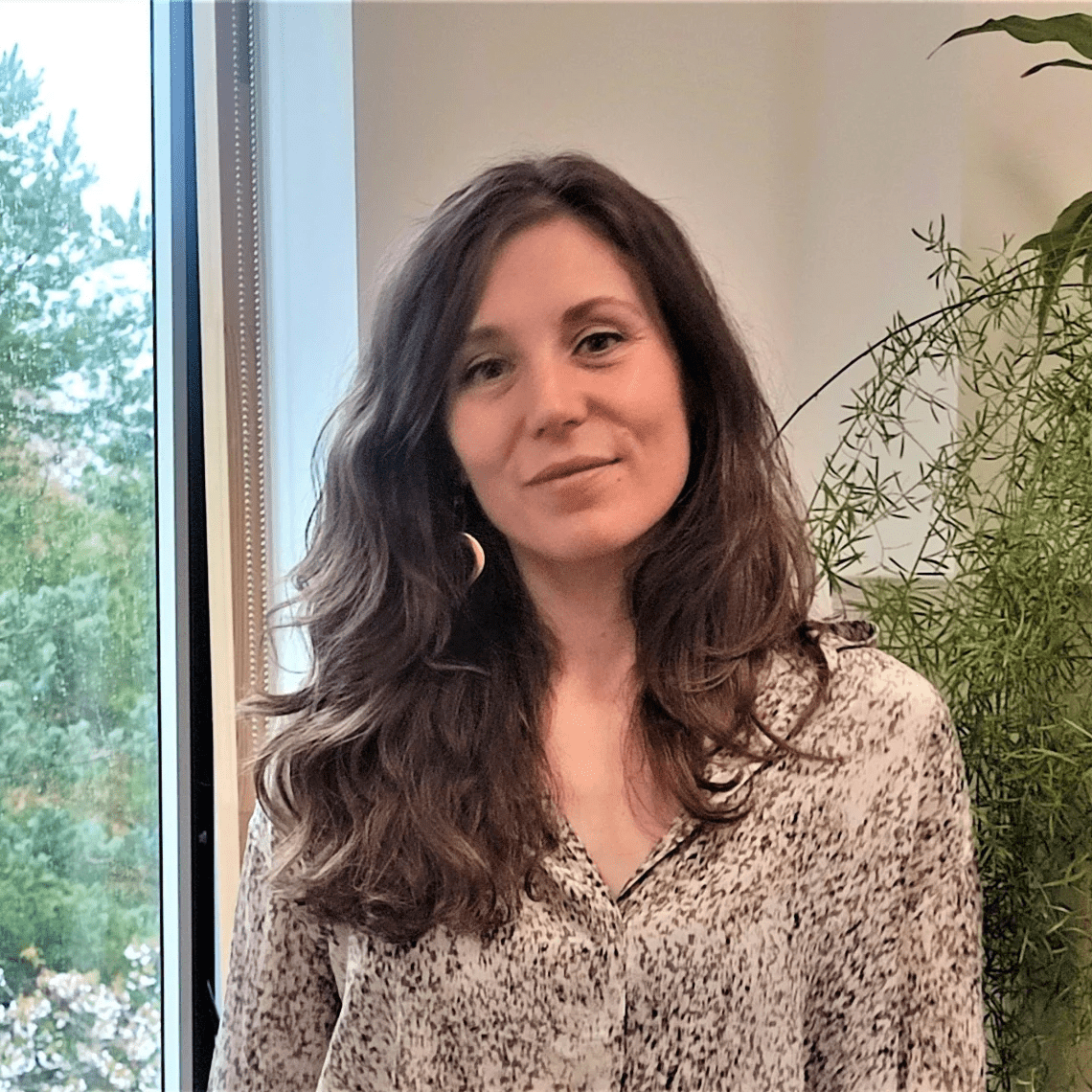
Dr Sinéad Lambe
Dr Sinéad Lambe
"I specialise in CBT and some of the most effective cognitive behavioural therapies have come out of Oxford, so the idea of working with Daniel and his team to design a VR treatment for agoraphobic avoidance was really compelling.”
Dr Sinéad Lambe
For Dr Lambe, it was an opportunity to put the clinical experience she had gained through treating a range of mental health challenges into a project that would allow people, with guidance, to confront their issues. The gameChange trial relied on participants meeting up with psychologists, including Dr Lambe, and self-reporting how they felt they were progressing.
'People went from not being able to leave the house to being able to be go to a cafe or a shop,' she says.
'It was particularly nice to find the people that it was most effective for were those with the most severe difficulties. People who were severely avoidant, who were really anxious, those are the people that seem to get the most benefit from the treatment.'
By joining Professor Freeman’s team and taking part in the ground-breaking research, Dr Lambe was then able to tap into the support of Oxford’s Department of Psychiatry.
She credits this as being essential in helping her to apply for and secure a Fellowship from the National Institute for Health Research. The three-year award began in 2021 and has allowed her to stay on in the Department of Psychiatry to study the link between mental health and violence, under Professor Freeman’s supervision.
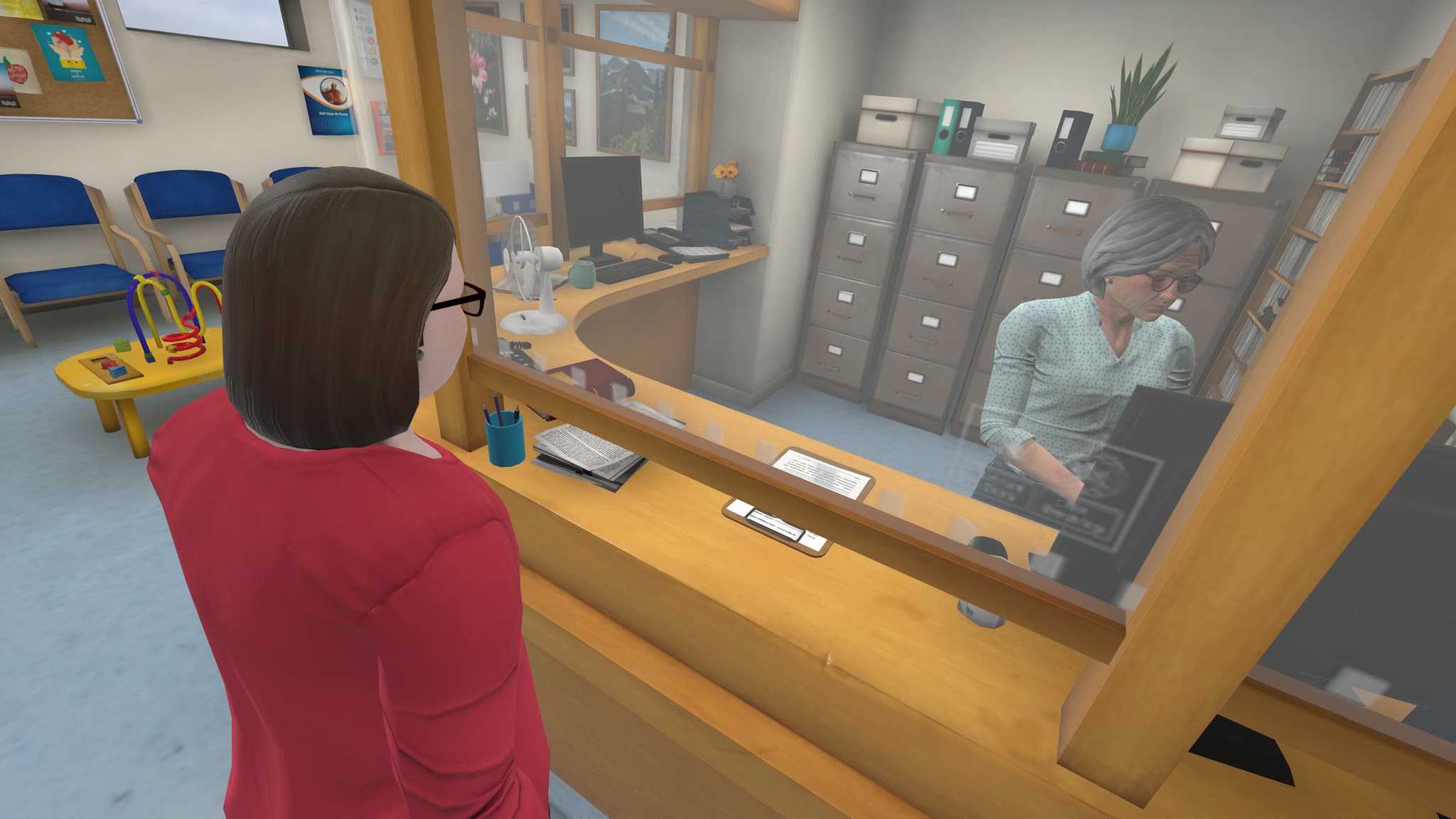
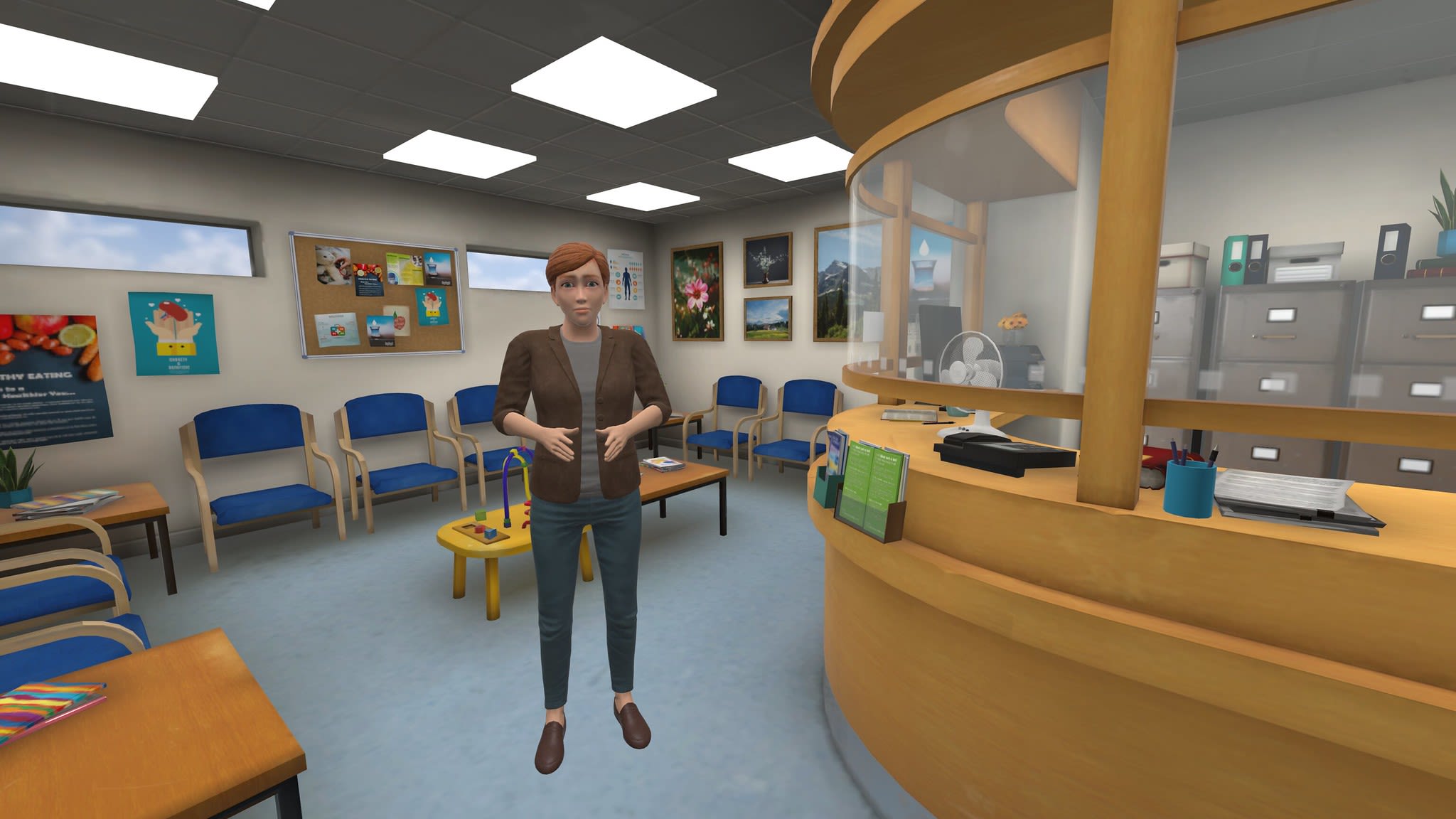
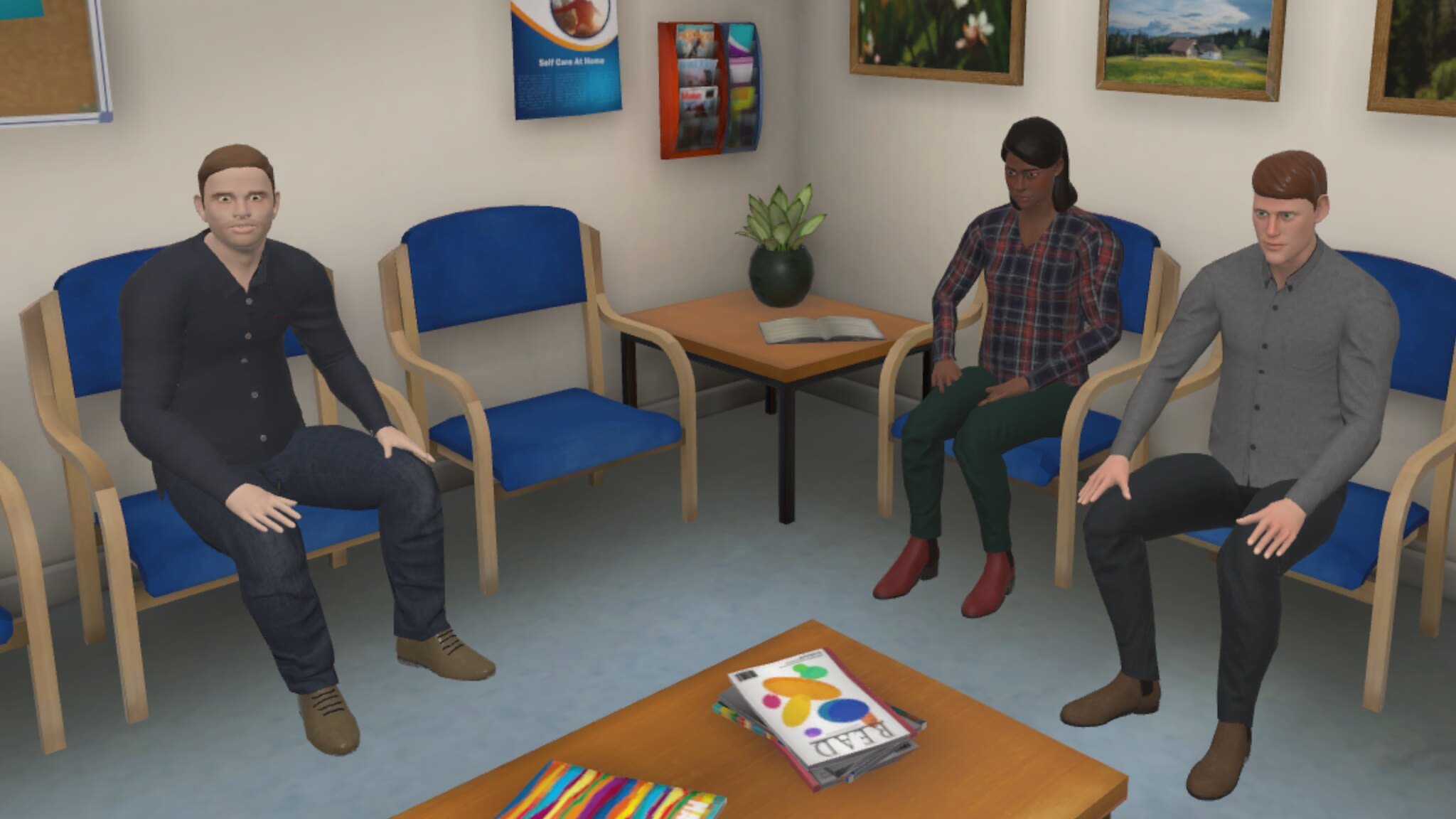
Merger to become BehaVR
The successful gameChange trial has led to the treatment being piloted across several NHS Trusts. It coincided with a growing interest in the company from BehaVR, an American business which has several candidate virtual reality therapies for depression and anxiety under clinical review, and a further potential treatment for opioid addiction under phase two clinical trial.
Founder and CEO, Aaron Gani, investigated the use of VR on hearing that a shortage of mental health professionals means that roughly only a third of the people in the United States who need treatment get help. Of those that do get treatment, roughly a third, in his opinion, are offered a basic level of care.
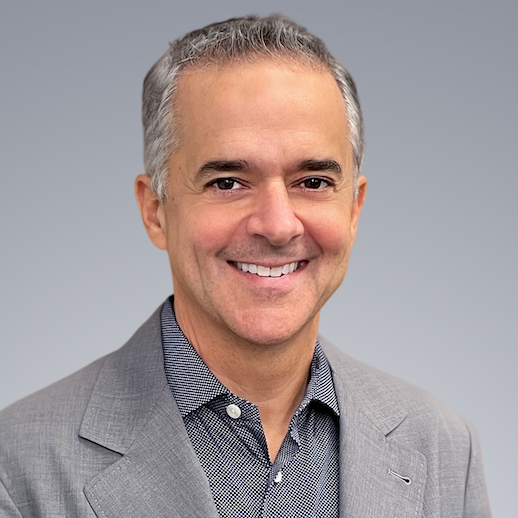
Aaron Gani
Aaron Gani
After launching BehaVR in 2016, he came to realise Oxford VR, formed in the same year, was 'our best competitor'. Gani began talks about merging the two companies and was pleased to find the negotiations went smoothly. In particular, he points to Oxford Science Enterprises, the independent investment company which founds, funds and builds companies from the University of Oxford, doing all it could to make sure the process was 'painless'.
The resulting merger, announced in December 2022, came with a Series B fund raise which brought in an additional $13m. It also brought in new investors including Optum Ventures, which is now part of United Health Group (UHG).
With the two, now-merged, VR companies at an advanced stage of working on different aspects of mental illnesses, and with a new set of investors which bolster its board, Gani predicts the business is on the edge of huge expansion.
“The two companies have great synergies because Oxford VR is really trailblazing with solutions for serious mental health issues and we have a lot of reach in the United States with our candidate treatments."
Aaron Gani, BehaVR
Gani says, ' We now have the largest payer and end provider on our board: UHG is huge in the US. We have other investors, such as Sumitomo Pharma of Japan and Confluent Health, which is a really large physical therapy, occupational medicine and musculoskeletal company in the US. So, we've got a great board and are already seeing the strengths of the two combined companies resonating out there in the market.'
The combined business expects to make progress in rolling out its candidate therapies during 2023, targeting first the United States and the UK, and thereafter further markets around the world.
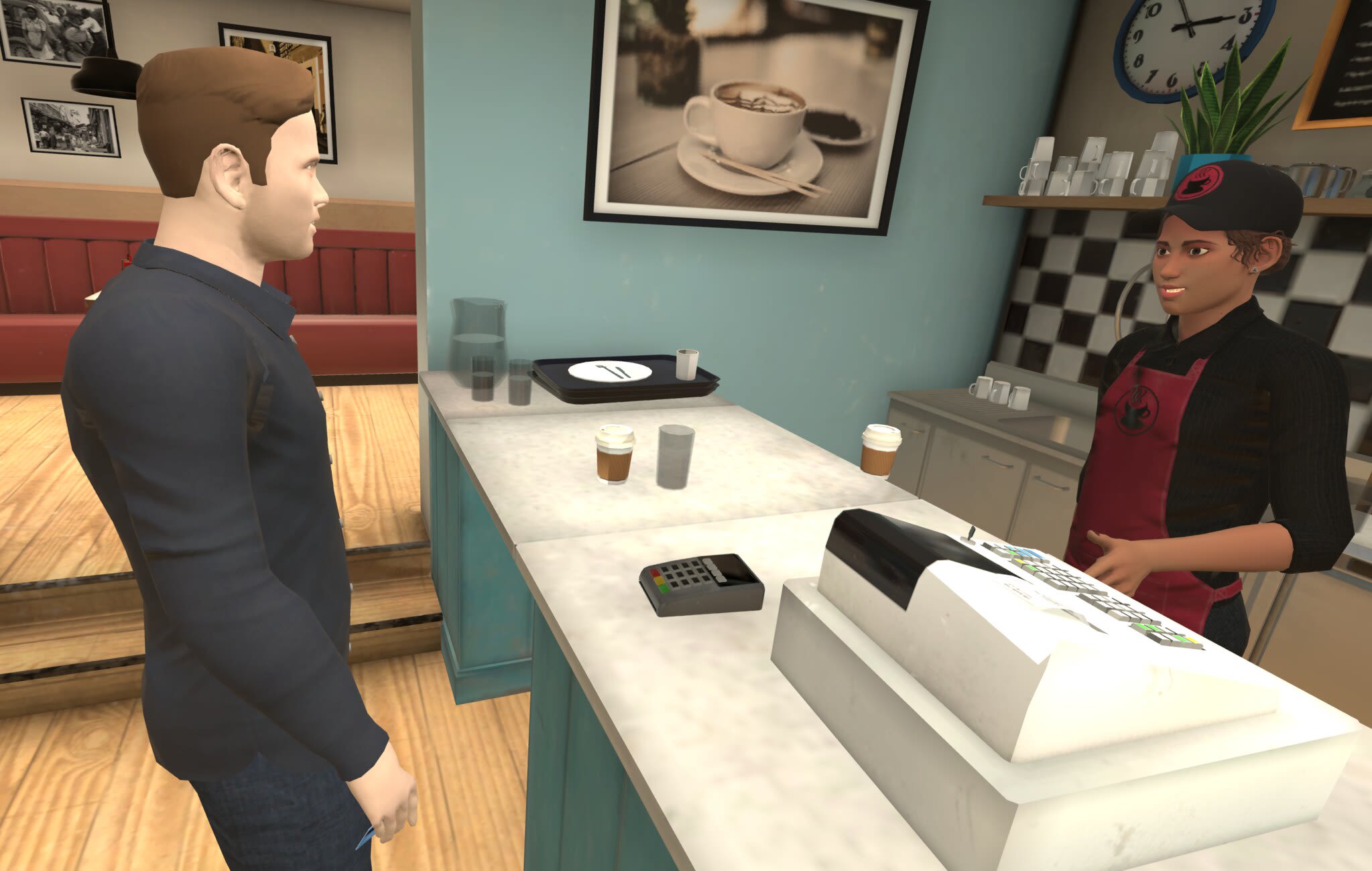
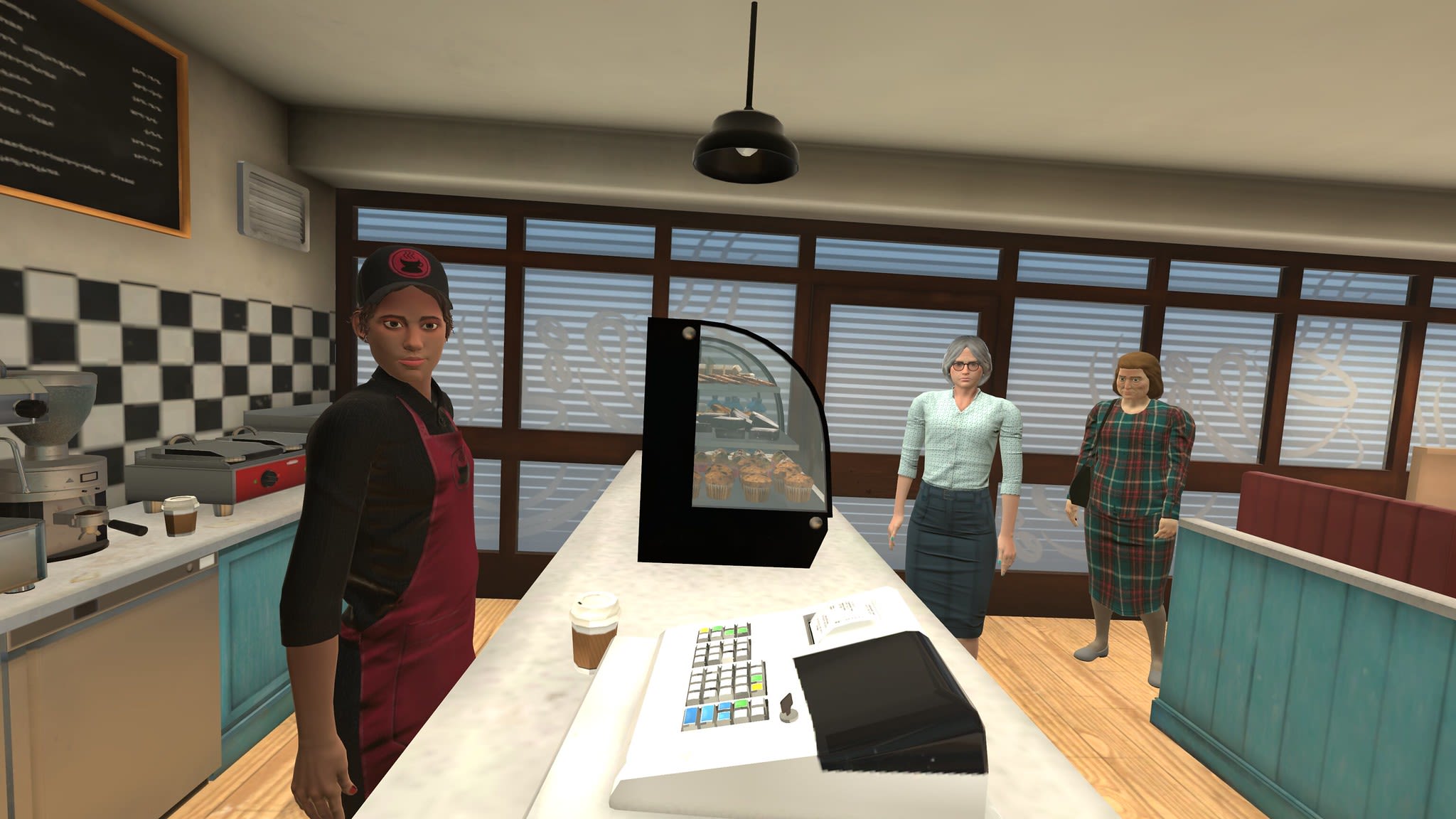
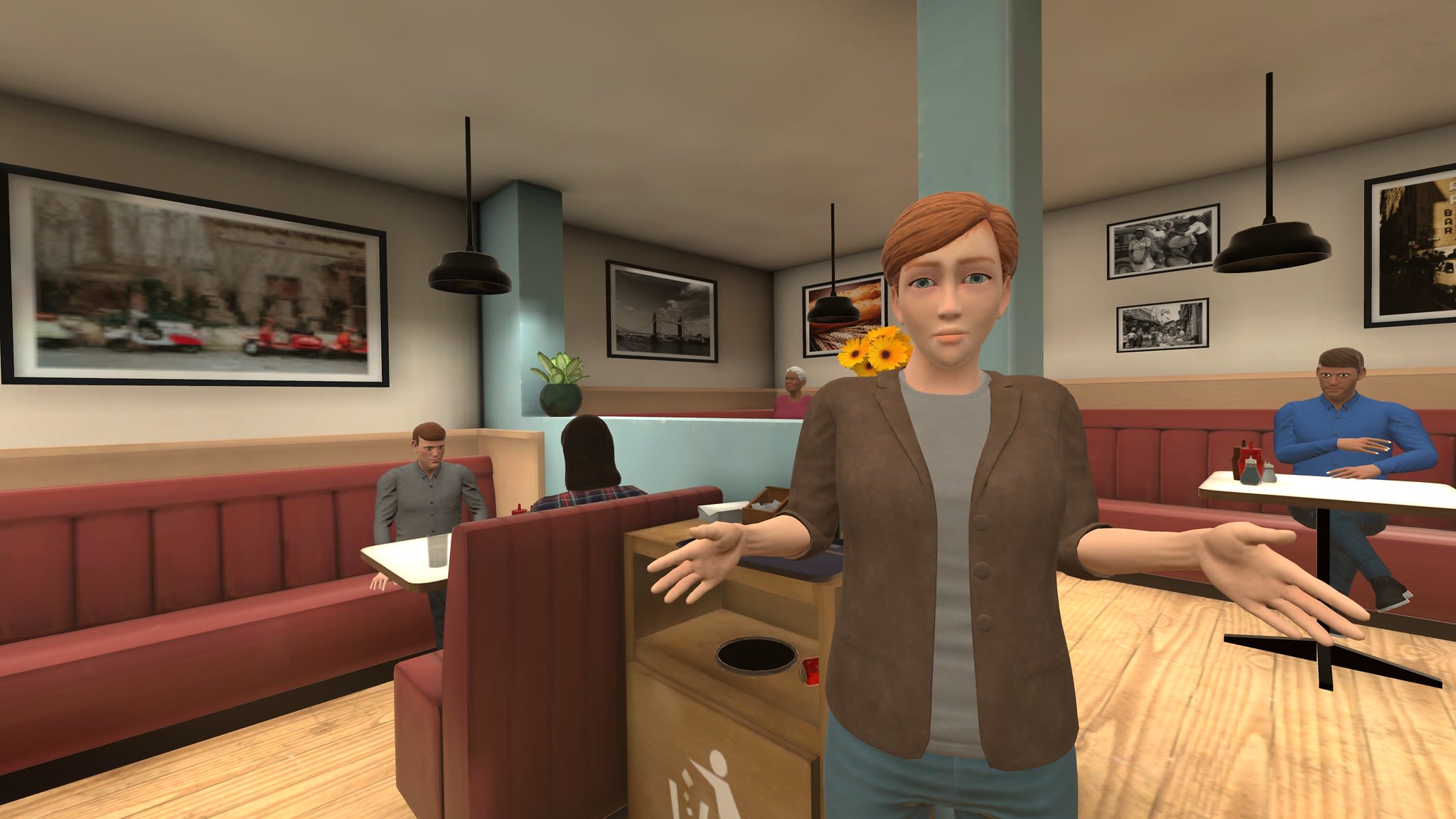
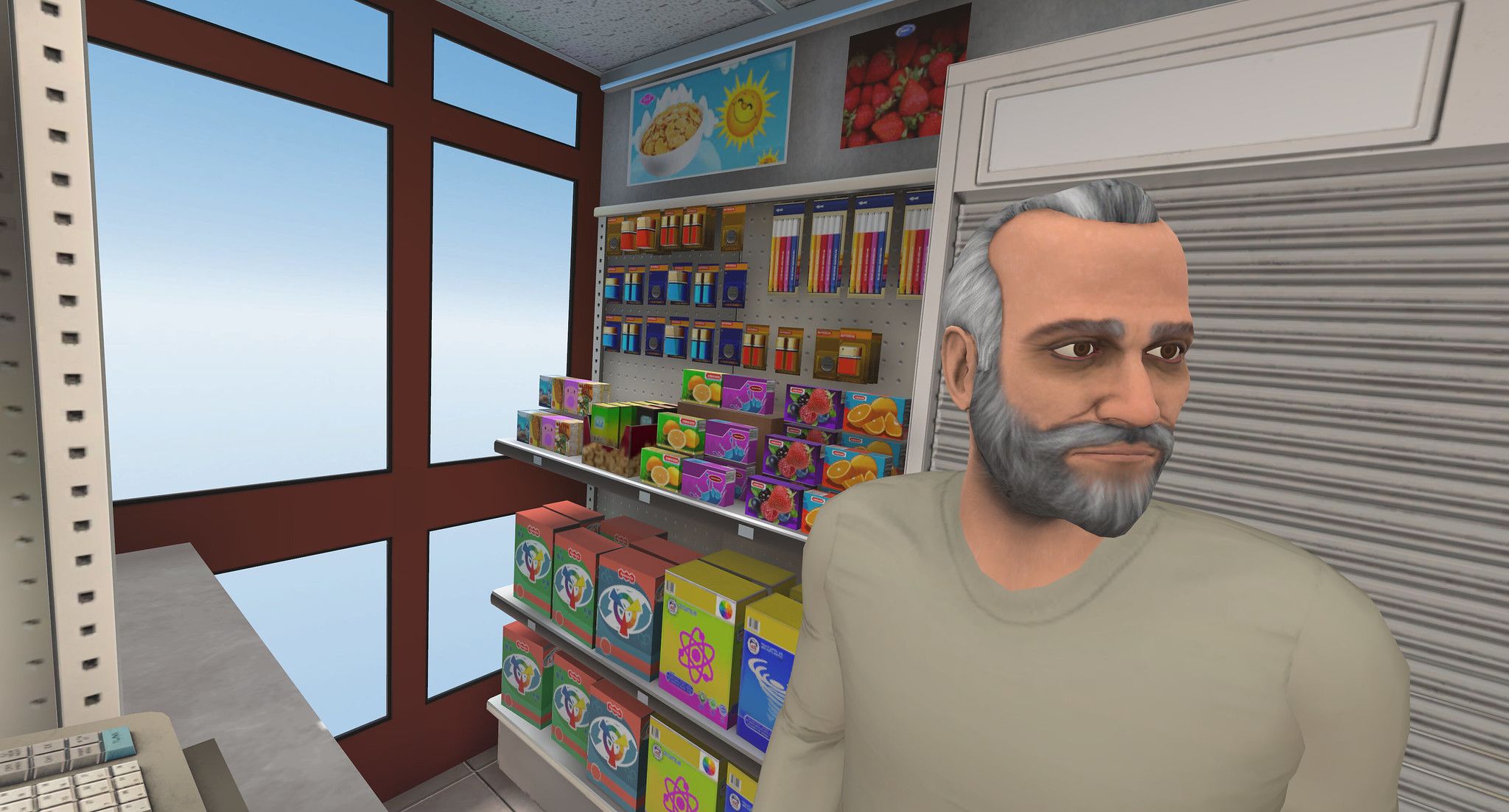
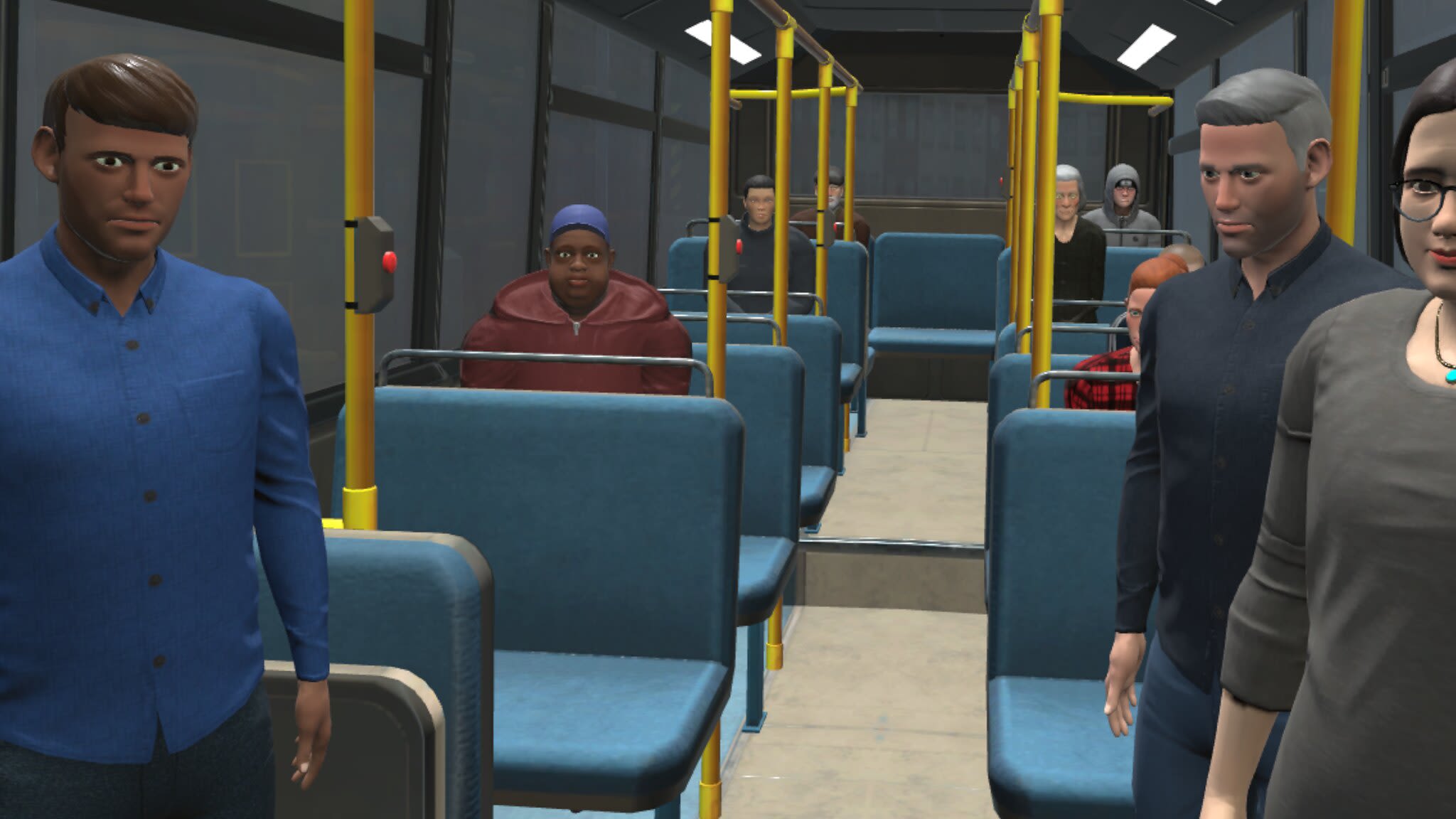
$320bn
Economic impact of serious mental illness in the United States
240 million
People world-wide who suffer from diagnosed serious mental illness
35%
People with serious mental illness who receive no treatment
$29,000
Cost per patient per year to treat schizophrenia

